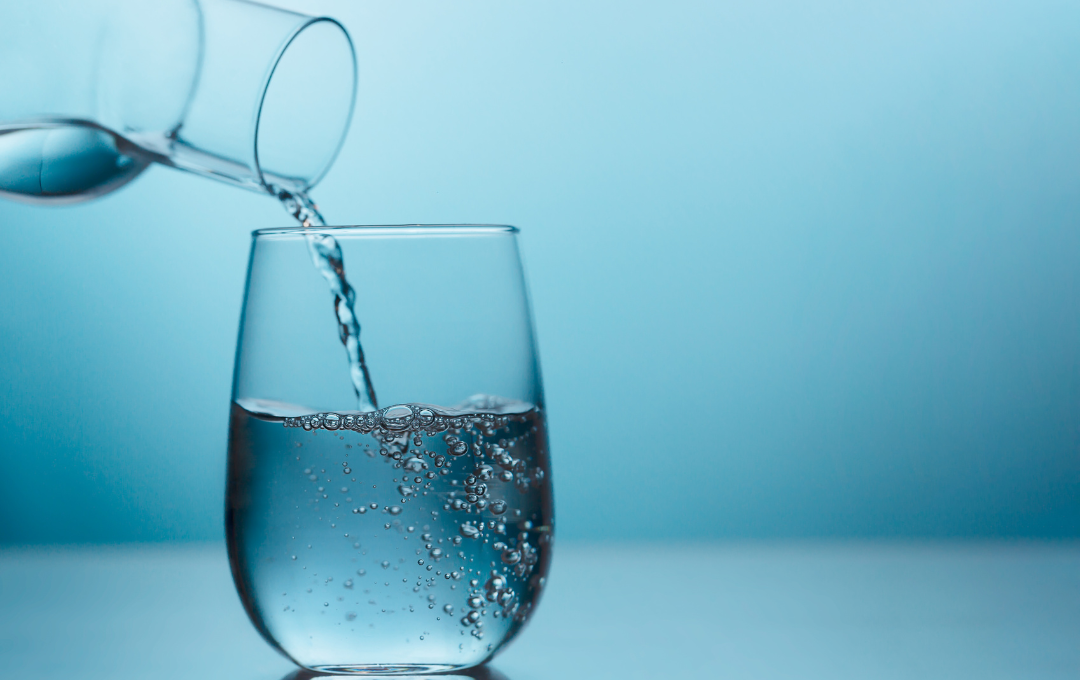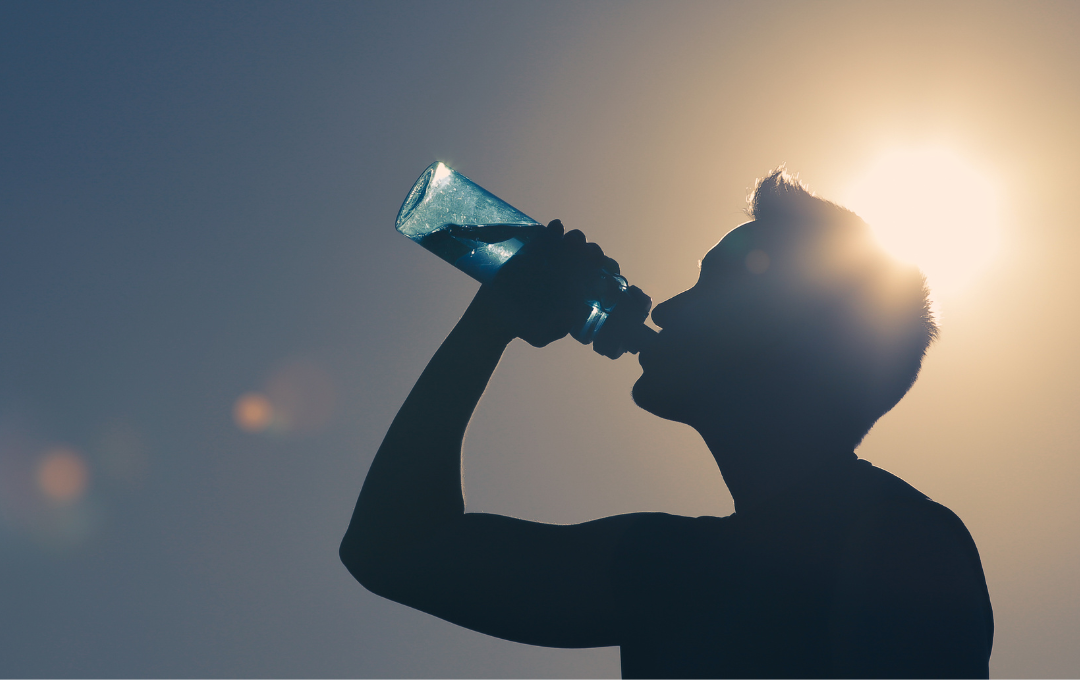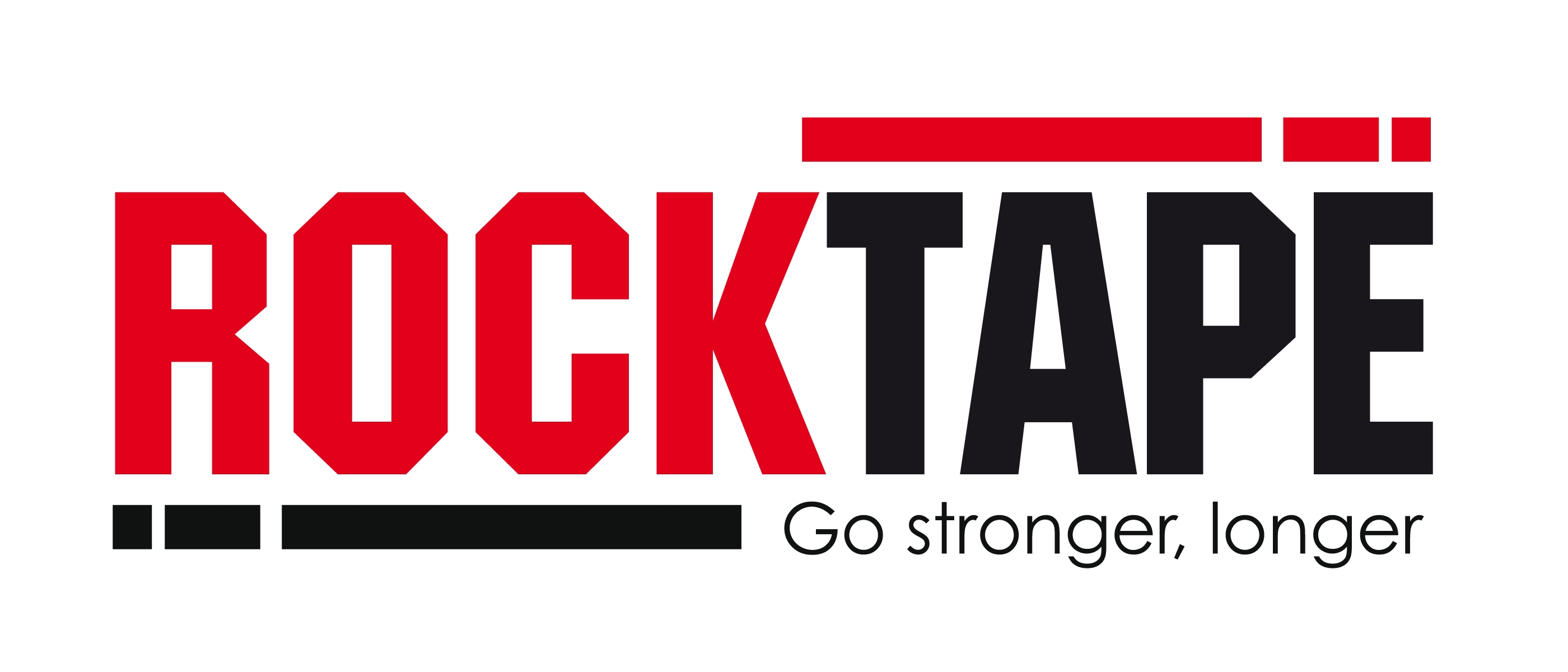Hydration plays a critical role in every aspect of our health, but it becomes even more important when it comes to recovery. Whether you’re an athlete, fitness enthusiast, or just trying to maintain a healthy lifestyle, staying properly hydrated can greatly affect how your body heals and recovers after physical activity. Dehydration can hinder performance, slow down recovery, and even increase the risk of injury. In this blog post, we’ll dive into the science behind Hydrations’ Role in Recovery. We’ll share tips on how to stay hydrated to optimise your healing process.

Why Hydration is Vital for Recovery
When we engage in physical activities, whether it’s running, weightlifting, or even yoga, we lose water through sweat, breathing, and other bodily processes. This loss of water can lead to dehydration if not properly replenished. Hydration is essential for many bodily functions that directly impact recovery, including:
- Muscle Repair: Water is crucial for delivering essential nutrients to muscle tissues. When you’re properly hydrated, blood flow improves, allowing muscles to receive the oxygen and nutrients they need for repair and growth.
- Joint Lubrication: Staying hydrated helps keep joints lubricated, which is important for mobility and reducing the risk of injury. Proper hydration maintains the viscosity of synovial fluid, the substance that cushions and lubricates joints.
- Toxin Removal: Hydration helps the body flush out toxins and metabolic waste, particularly after intense exercise. Without proper hydration, the body can struggle to eliminate lactic acid buildup, leading to muscle soreness and prolonged recovery times.
- Temperature Regulation: Water helps to regulate body temperature, especially after exercise. When you’re hydrated, your body can better manage heat and maintain a stable internal temperature, preventing overheating and reducing recovery time.

The Science Behind Hydration and Recovery
Water makes up roughly 60% of the human body and is essential for countless physiological processes. During physical activity, your body’s cells work harder and require more energy, which increases the demand for water. Here are some of the key roles that create Hydrations’ Role in Recovery process:
- Improved Nutrient Absorption: When you drink enough water, your blood circulates more efficiently, delivering nutrients such as proteins, carbohydrates, and electrolytes to the muscles. These nutrients are essential for muscle repair and energy restoration after a workout.
- Enhanced Muscle Function: Proper hydration ensures that muscles contract and relax efficiently. Dehydrated muscles are more prone to cramps, fatigue, and strains, which can delay your recovery and increase the risk of injury.
- Electrolyte Balance: When you sweat, you lose not only water but also important electrolytes such as sodium, potassium, and magnesium. These electrolytes are vital for muscle function and energy production. Hydration helps maintain the delicate balance of these electrolytes, allowing your body to perform optimally during recovery.
- Faster Muscle Recovery: Dehydration can lead to increased inflammation and oxidative stress, both of which hinder muscle recovery. Drinking enough water post-exercise helps reduce inflammation and aids in muscle recovery, allowing you to bounce back faster.
If your interested in finding better nutrition go check out our – Nutritional Support Page.
Signs of Dehydration During Recovery
Dehydration can sneak up on you, especially after a workout when you may not immediately feel thirsty. Recognising the signs of dehydration is key to ensuring your body has the fluids it needs for proper recovery. Here are some common symptoms of dehydration:
- Dry mouth or throat
- Fatigue or lethargy
- Dizziness or lightheadedness
- Dark yellow urine or reduced urination
- Muscle cramps
- Headaches
If you experience any of these symptoms, it’s crucial to rehydrate as soon as possible to avoid further complications and to support your body’s recovery.
How to Stay Hydrated for Optimal Recovery
To optimise your hydration and recovery, follow these simple tips:
- Drink Water Before, During, and After Exercise: Hydration doesn’t begin once you start feeling thirsty, it’s important to drink water consistently throughout the day, especially before, during, and after your workouts. Aim to drink at least 8 ounces of water 30 minutes before exercising, sip water every 20 minutes during your activity, and continue rehydrating post-exercise.
- Incorporate Electrolytes: For longer, intense workouts, water alone may not be enough. You’ll need to replace lost electrolytes through drinks that contain sodium, potassium, and magnesium. Coconut water, sports drinks, or electrolyte tablets can help restore your body’s balance after prolonged physical activity.
- Monitor Your Urine Color: A simple way to monitor your hydration levels is by checking the color of your urine. Light yellow or pale-colored urine typically indicates good hydration, while dark yellow or amber-colored urine can signal dehydration.
- Eat Water-Rich Foods: Foods like watermelon, cucumbers, oranges, and strawberries have high water content and can contribute to your overall hydration. Including these hydrating foods in your post-workout meals can further support recovery.
Conclusion
Hydrations’ Role in Recovery is key, impacting everything from muscle repair and joint lubrication to toxin removal and temperature regulation. Failing to stay hydrated can slow down your recovery process, increase muscle soreness, and even lead to injury. By understanding the importance of hydration and following the tips outlined in this blog, you can ensure your body recovers faster and more effectively after physical activity. To find out more about hydration read this article! HERE.









